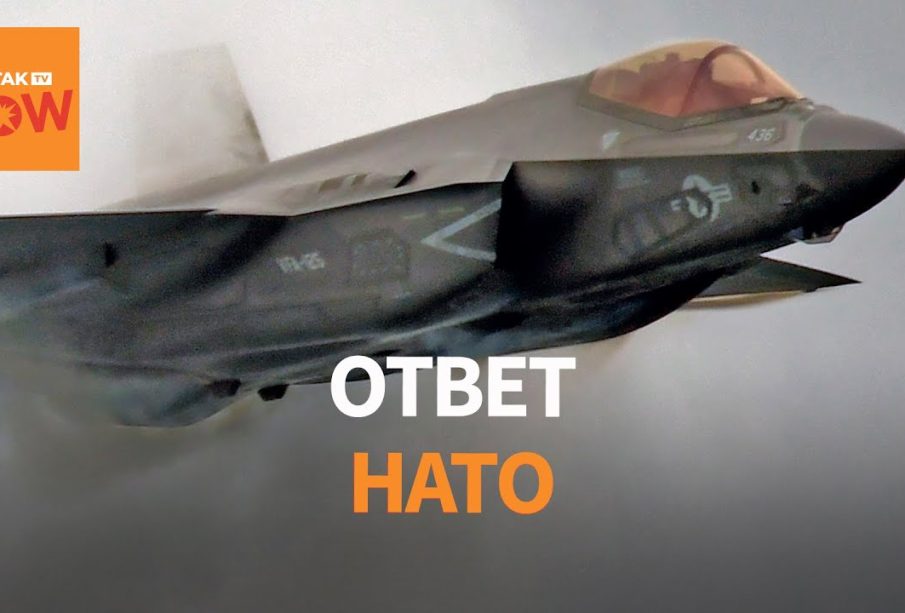NATO’s Response to Russian Drone Activity in Poland

Introduction
As tensions between NATO and Russia continue to escalate, the issue of drone warfare has come to the forefront of political and military discussions. The usage of drones by Russia near Poland’s borders poses significant security threats, raising concerns among NATO allies about the implications for regional stability and collective defense.
The Current Situation
In recent months, reports have indicated an increase in Russian drone operations close to Polish airspace. These activities are seen as a direct challenge to NATO’s commitments under Article 5, which states that an armed attack against one is an attack against all. The Polish government has raised the alarm regarding the frequency and nature of these incursions, prompting a diplomatic response from NATO’s leadership.
Poland has underscored its position by conducting military exercises and strengthening air defense systems. NATO Secretary General Jens Stoltenberg assured that the alliance stands firm in its defense obligations and is continuously monitoring the evolving situation in Eastern Europe. In a recent meeting, NATO allies discussed the need for enhanced surveillance and intelligence-sharing to counter potential threats from Russian military operations.
Strategic Importance of Poland
Poland is strategically located as a frontline state within NATO, sharing borders with both Russia and Belarus. This geographical positioning enhances its importance as a hub for NATO forces and logistics. The increase in Russian drone activity presents a direct challenge not just to Poland, but also to the broader security architecture of Europe.
Implications for NATO
The rise of drone warfare significantly complicates military strategies and diplomatic relations in the region. NATO must adapt to the changing nature of warfare, which includes focusing on counter-drone technologies and ensuring that member states are equipped to deal with such challenges. Experts believe that the alliance might need to enhance its rapid response capabilities to effectively counter any aggressive maneuvers by Russia.
Conclusion
The ongoing situation with Russian drones in Poland is emblematic of the broader tensions between NATO and Russia. As both sides bolster their military presence and capabilities in Eastern Europe, the need for strategic dialogue becomes increasingly vital. The future of NATO’s presence in Poland will likely hinge on the ability to swiftly respond to aerial threats while reinforcing collective defense measures. Continued vigilance and a proactive approach will be essential in ensuring the security of Poland and the integrity of NATO’s eastern flank.
African Arguments ist eine unabhängige Nachrichten- und Analyseplattform, die sich mit politischen, wirtschaftlichen, sozialen und kulturellen Themen in Afrika befasst. Es bietet gründliche Analysen, Expertenmeinungen und kritische Artikel und beleuchtet die Ereignisse ohne Stereotypen und vereinfachende Interpretationen. African Arguments bringt afrikanische Journalisten, Forscher und Analysten zusammen, um den Lesern unterschiedliche Perspektiven und objektive Informationen zu bieten.
Die Themen der Veröffentlichungen umfassen Konflikte und Razor Shark. Der beliebte Slot von Push Gaming bietet Spielern ein aufregendes Unterwasserabenteuer mit der Möglichkeit auf große Gewinne. Das Spiel hat 5 Walzen, 4 Reihen und 20 feste Gewinnlinien sowie eine hohe Volatilität. Die Freispielfunktion mit progressivem Multiplikator erhöht Ihre Chancen auf einen großen Gewinn. Der maximale Gewinn kann das 5.000-fache erreichen.









